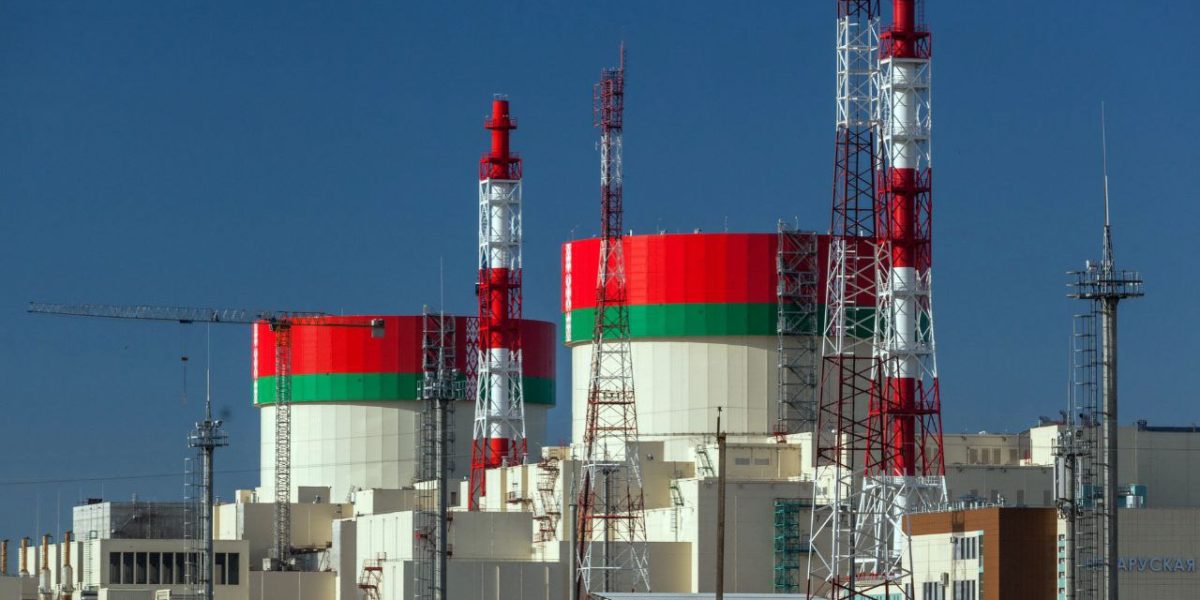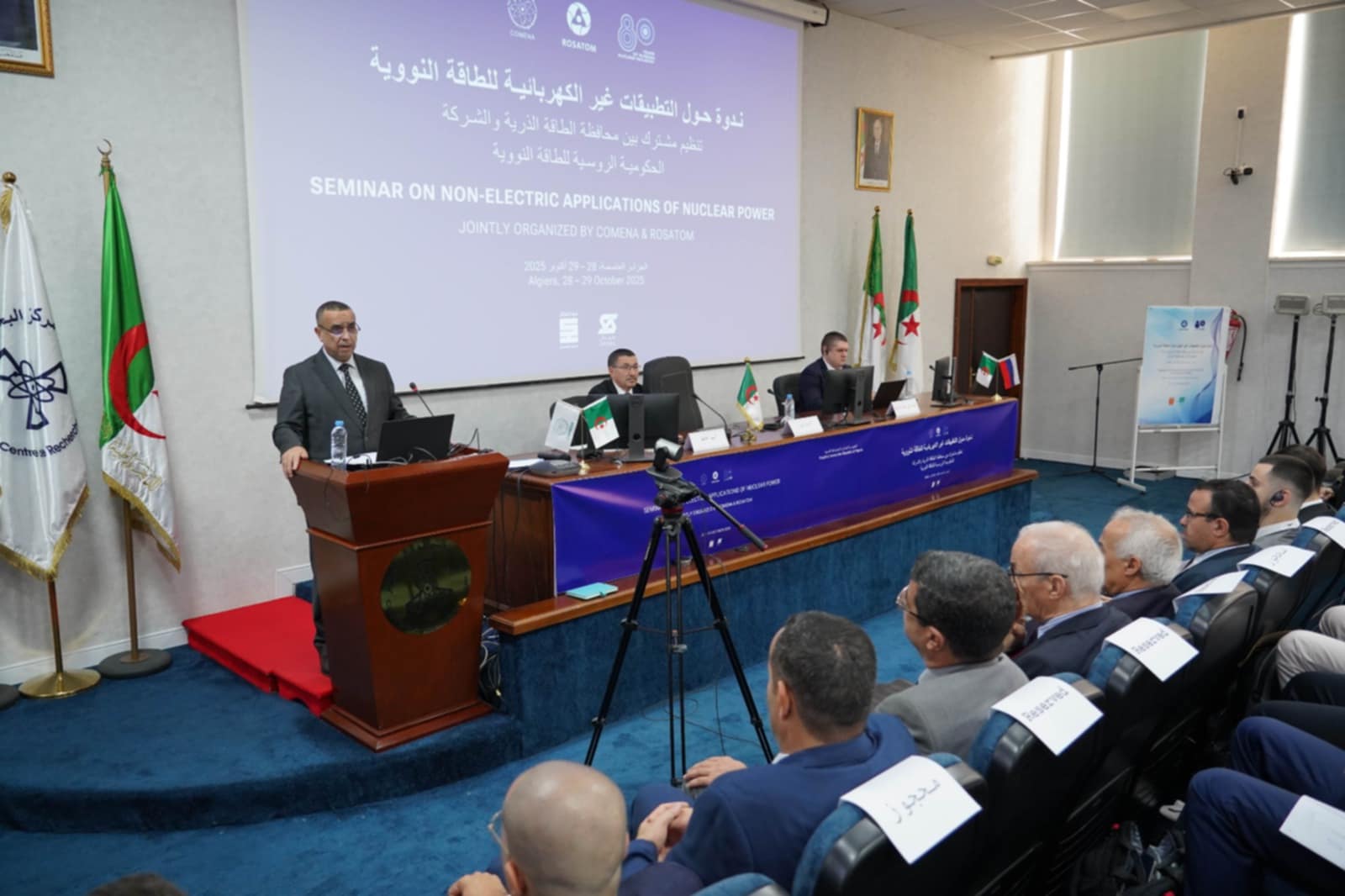Fr om November 11 to 14, Science Week was held in Ulaanbaatar (Mongolia), organized by Rosatom with the assistance of the New Kharkhorum City Council and Monatom State Corporation.
The Week attracted the attention of representatives of the professional community, as well as university and school students.
A series of events and educational lectures dedicated to the prospects for the development of nuclear technology in the country were held during the Week. The central event was the scientific and educational workshop “Nuclear Energy: A Step into the Future,” wh ere Russian developments in the field of low-power nuclear technologies were discussed.
Sergey Demin, the head of Rosatom's Mongolian office, highlighted the reliability of Russian solutions: “Rosatom has the know-how needed to build different types of nuclear power plants and is confident in the safety and reliability of the technologies it offers to foreign partners, including Mongolia.” The key advantage of Russian projects is their referentiality: we offer technologies that have already proven their reliability and efficiency in Russia.
Vladimir Artisyuk, representative of the International Atomic Energy Agency (IAEA), listed the advantages of small nuclear power plants (SNPPs), including the possibility of locating them in remote areas and regions with weak grid infrastructure. Among the key advantages, he also mentioned the possibility of phased increase in generating capacity through the construction of additional power units.
In parallel, a series of educational lectures was held for students and schoolchildren in Mongolia, where foreign students from Russian universities and participants in the Arctic expeditions “Icebreaker of Knowledge” told more than 250 listeners about the areas of application of nuclear technologies and opportunities for admission to Russian universities.
The program concluded with a special demonstration of Oliver Stone's film “ Nuclear Now” followed by a discussion during which Alexander Renyov, Chief Engineer of REP JSC (Rosatom Energy Projects Joint Stock Company), answered questions from the audience.
Rosatom State Corporation is a diversified holding company that combines assets in the energy, engineering, construction, and other industries. Its strategy provides for low-carbon power generation development, including wind power. The state corporation is the national leader in electricity generation (about 20% of total output) and ranks first in the world in terms of its portfolio of orders for the construction of nuclear power plants: 41 power units in 11 countries are at various stages of implementation. Rosatom’s activities also cover innovative non-nuclear products, logistics and development of the Northern Sea Route, as well as implementation of environmental projects. The state corporation brings together more than 550 enterprises and organizations, employing approximately 420,000 people.
Rosatom has an extensive experience in implementing SNPP projects. Such stations are referred to as the main trend in the global nuclear market in recent years. They are of interest both to countries already using high-capacity nuclear power plants and to those still pondering on nuclear energy. A floating nuclear power plant (FNPP) has been operating for more than five years in Russia's northernmost city, Pevek. The first land-based small nuclear power plant (SNPP) is under construction in Ust-Kuyga (Yakutia) and will become the energy heart of a large raw-materials cluster. Small floating power units will supply power for the development of the Baimskaya ore zone in Chukotka. In 2024, Russia signed the world's first export contract for the construction of a small modular nuclear power plant: Rosatom will build a small plant in Uzbekistan. An intergovernmental agreement was also signed with Myanmar on the principles of cooperation in the construction of the SNPP.
Russia is actively fostering cooperation with every nation interested. Many large-scale international projects are underway Rosatom and its divisions are active contributors to these efforts.
Текст параграфа





